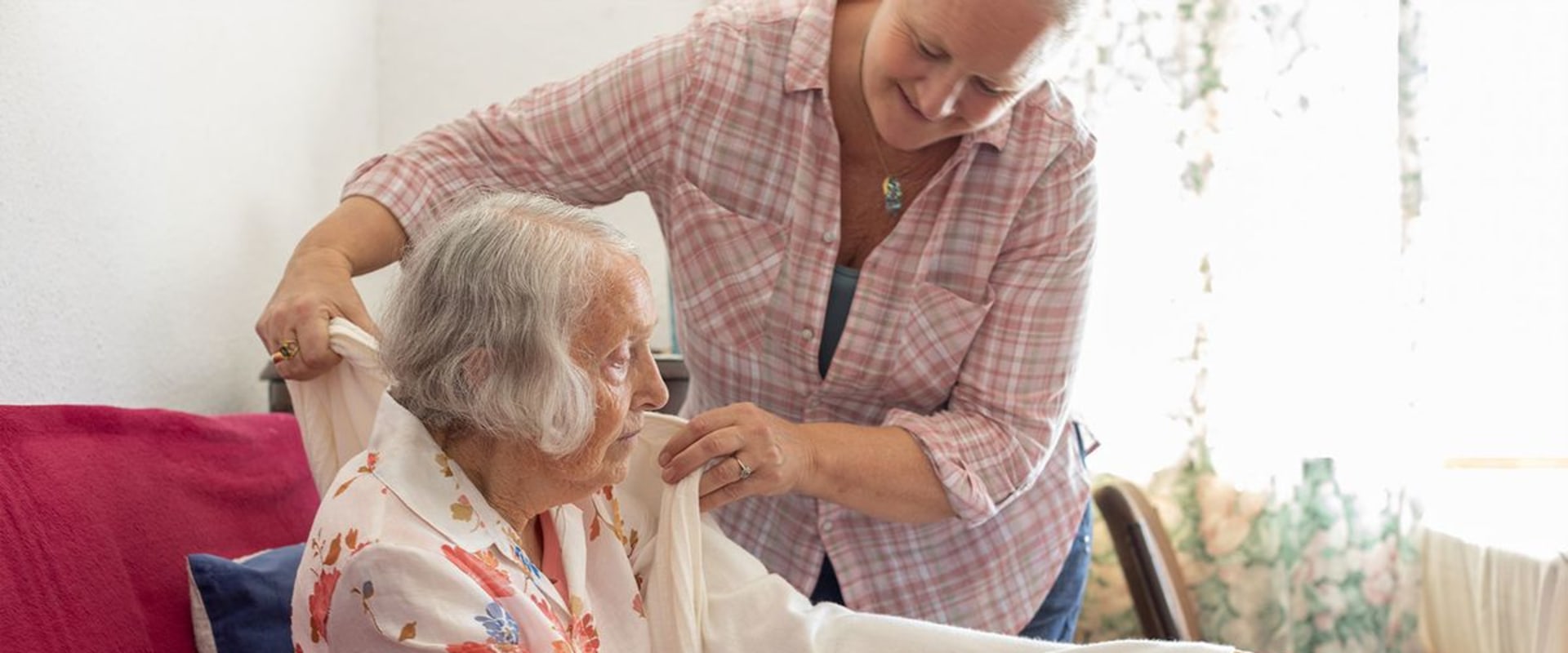They also need someone to listen to their needs without judging them or giving them advice. The question “what do caregivers need most? it can seem intimidating, especially for those who have never traveled this path before. Most of the time, the answer is pretty simple. What they need most is to know and feel that someone really cares about them. Most Home Care in Norfolk CT caregivers need physical and emotional support. Physical help in caring for older loved ones includes help with daily tasks, making decisions, preparing meals, running errands, and doing household chores.
In addition, caregivers need emotional support to cope with the stress of caring for an older person. Being able to communicate constructively is one of the caregiver's most important tools. When you communicate clearly, assertively and constructively, you'll be heard and you'll receive the help and support you need. The chart below shows the basic guidelines for good communication. People who care for a loved one with cancer may have a harder time working and managing tasks at home and in the office.
For example, if you are a spouse between 66 and 96 years of age who cares for someone and you are experiencing a situation of mental or emotional tension, you have a 63 percent higher risk of dying than people your age who don't care for anyone. However, while caregivers discuss caring for their loved one with the doctor, caregivers rarely talk about their own health, which is equally important. Through its National Caregiver Center, FCA provides information on current social, public policy and caregiving issues, and provides assistance in developing public and private programs for caregivers. In addition, consider housing options for the elderly, such as an assisted living facility, a nursing home, or any other option if the task of caring for someone is making you feel bad.
Help the caregiver financially: Family caregivers often have to quit a job or reduce their working hours to be able to care for a loved one. With the National Alliance for Caregiving and AARP reporting that around 43.5 million people have provided unpaid care to an adult or child over the past year in the United States, it's clear that caregivers must take care of their own well-being. Caregivers can expect to do the dishes, change the light bulbs, vacuum the carpet, and perform any other household maintenance task to keep their loved one's living space clean. Regardless of age, gender, race and ethnicity, caregivers report having problems caring for their own health and well-being while assuming their responsibilities.
The Family Caregiver Alliance (FCA) seeks to improve the quality of life of caregivers through education, services, research and promotion. Caregiver burnout is very real, and I can't stress enough how important it is for caregivers to ask for help. The amount of time and stress to which both the family caregiver and the person receiving the care are subjected to can have a major impact not only on the quality of life of the elderly person, but also on that of the family and the caregiver. Management for community living For support groups for caregivers, providers of respite services and other care services.
It can be very helpful to learn about the difficult situation other home caregivers face and also about how they tend to their own needs.



